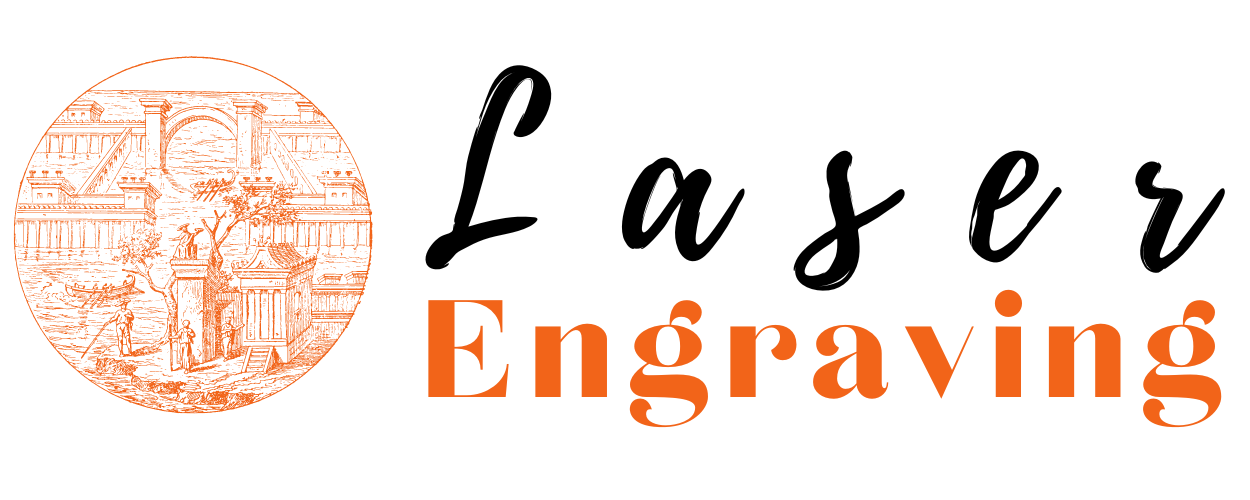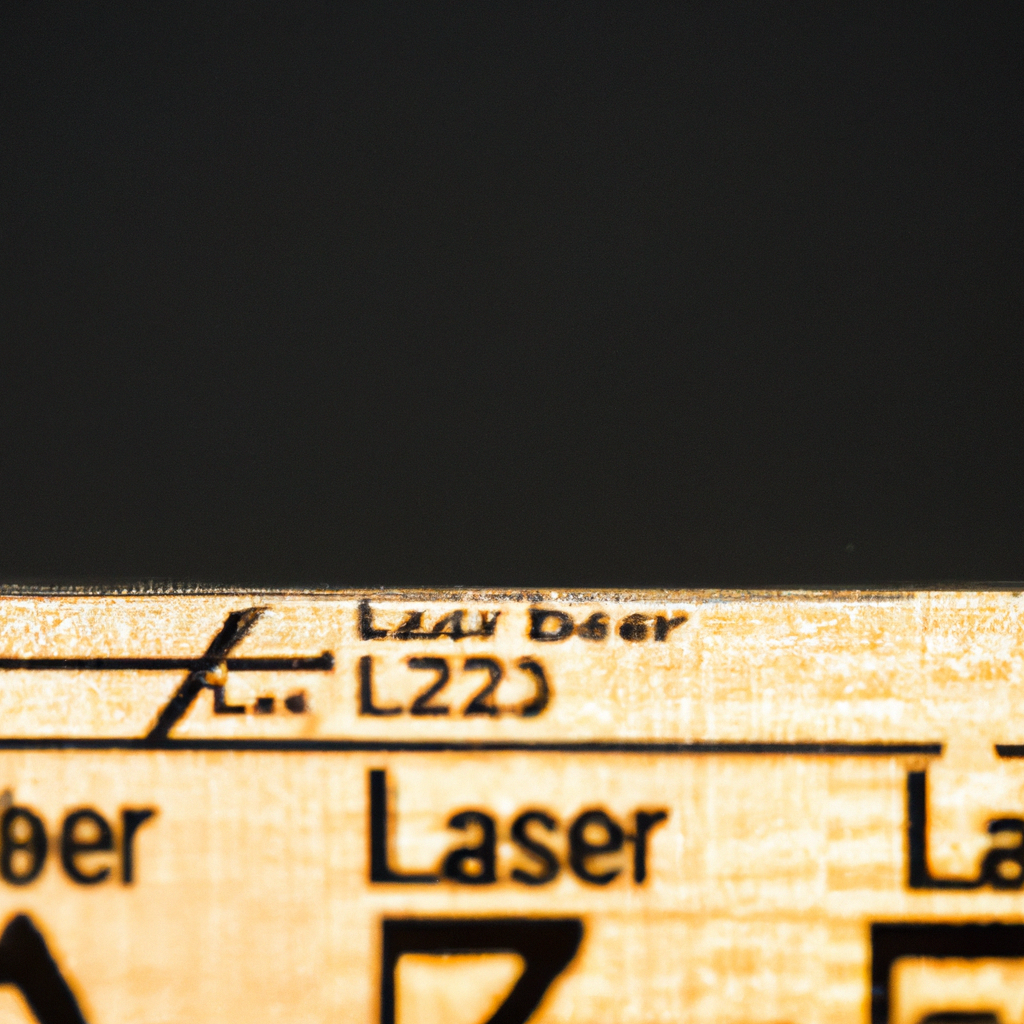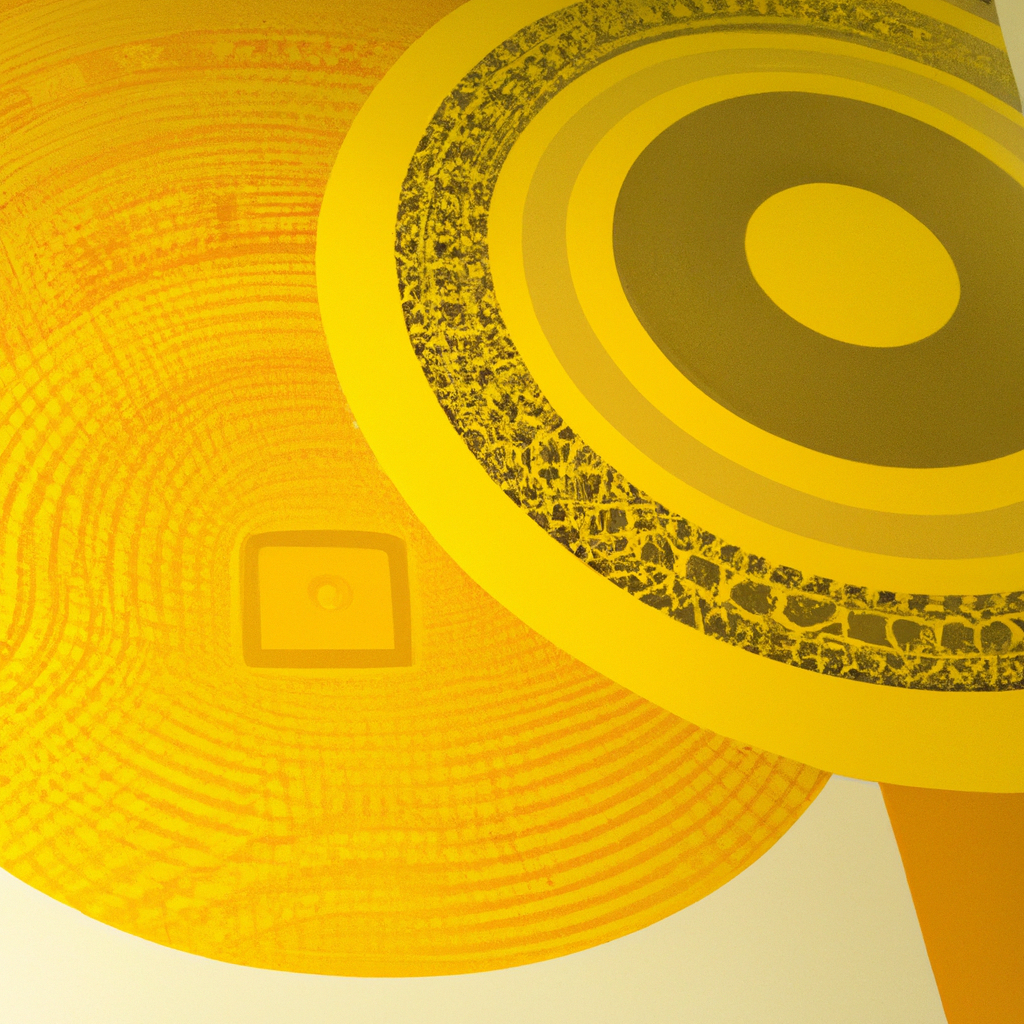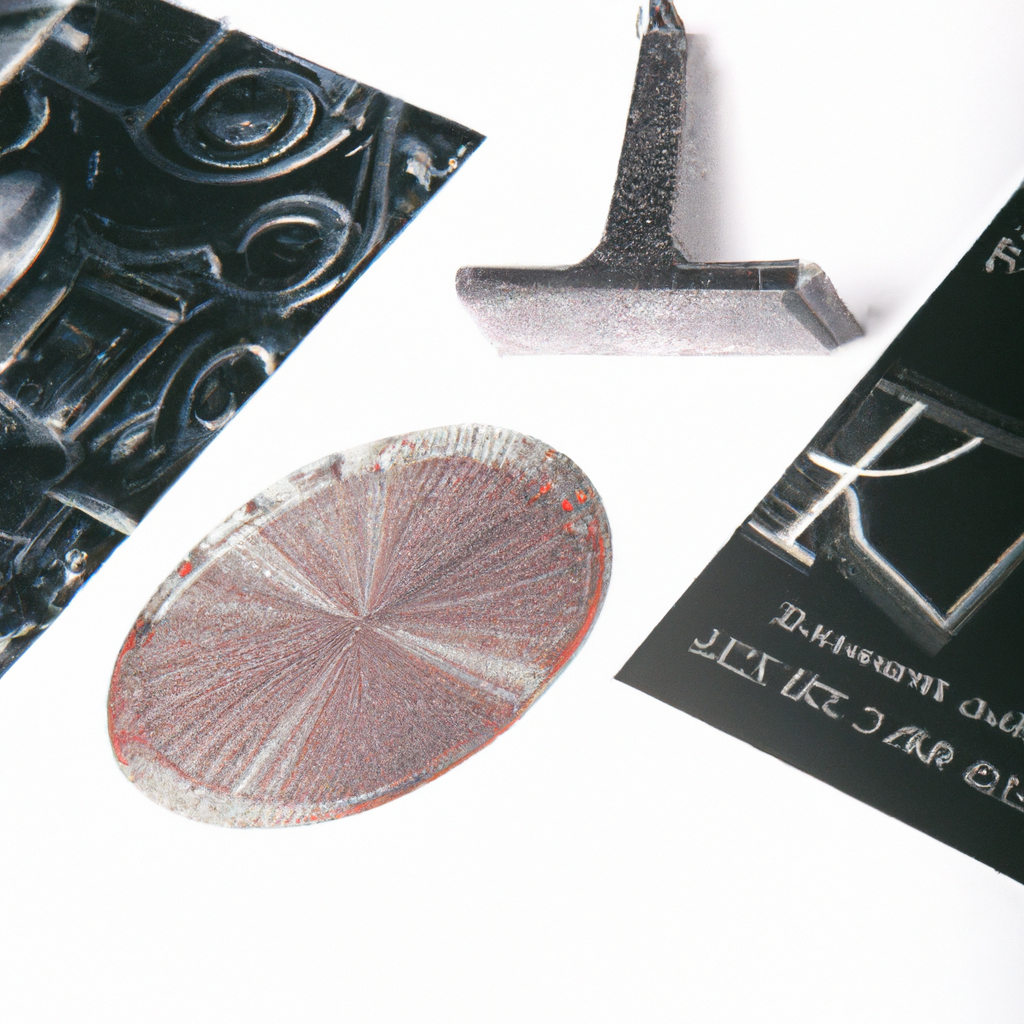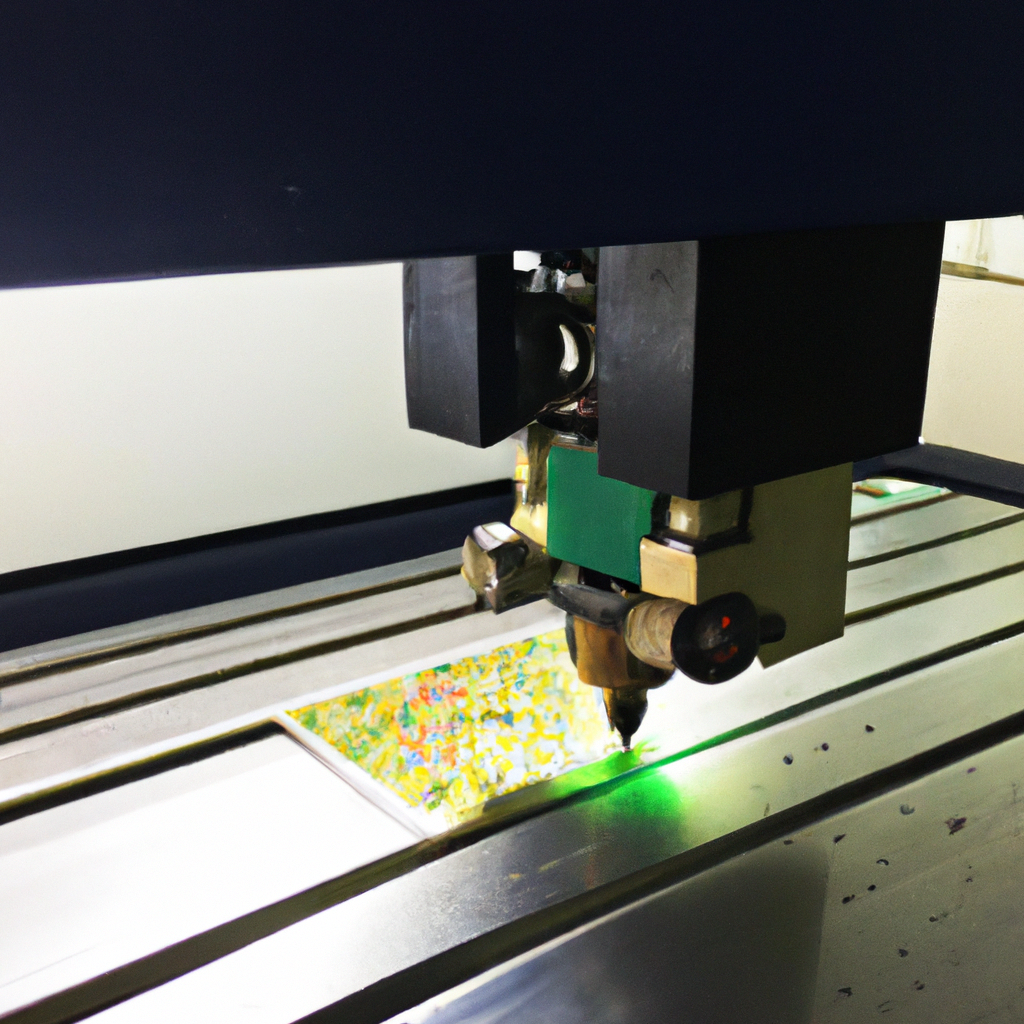Laser Engraving for Serial Numbering
Laser engraving is a highly popular and efficient method used for serial numbering various products across a wide range of industries. With its precision and versatility, laser engraving is a preferred choice for marking serial numbers on materials such as metal, plastic, wood, glass, and more. In this article, we will delve into the details of laser engraving for serial numbering, exploring its benefits, applications, and the technology behind it.
Why Choose Laser Engraving for Serial Numbering?
1. Durability and Permanence
Laser engraving provides a permanent and durable marking solution for serial numbering. Unlike traditional printing methods, such as inkjet or adhesive labels, laser-engraved serial numbers are resistant to wear, fading, or tampering. The engraved numbers withstand various environmental conditions, including exposure to moisture, chemicals, and abrasion, ensuring long-lasting readability.
2. High Precision and Clarity
Laser engraving technology offers exceptional precision and clarity when marking serial numbers. The laser beam can achieve intricate details, thin lines, and small font sizes, resulting in sharp and easily legible numbering. This level of precision is crucial for products that require compact or complex serial numbers, ensuring accurate identification and traceability.
3. Versatility on Various Materials
One of the significant advantages of laser engraving is its ability to mark serial numbers on a wide range of materials. Whether it’s metal, plastic, wood, glass, leather, or even ceramics, laser engraving can effectively etch serial numbers onto different surfaces. This versatility makes laser engraving suitable for diverse industries, including manufacturing, electronics, automotive, aerospace, jewelry, and more.
4. Time and Cost Efficiency
Laser engraving is a highly efficient and cost-effective method for serial numbering. Once the engraving parameters are set, the laser can rapidly mark multiple products with consistent quality, reducing the time required for each serial number. Moreover, laser engraving eliminates the need for consumables like ink or labels, minimizing ongoing material costs and maintenance expenses.
5. Customization and Personalization
With laser engraving, you can easily customize and personalize serial numbers according to your specific requirements. Whether it’s alphanumeric codes, barcodes, QR codes, or logos, laser engraving allows for flexible and tailored markings. This customization capability enables enhanced branding opportunities and facilitates seamless integration with existing identification or tracking systems.
Applications of Laser Engraving for Serial Numbering
Laser engraving finds extensive applications across various industries for serial numbering purposes. Let’s explore some of the common areas where laser engraving plays a crucial role:
1. Product Traceability and Identification
In the manufacturing industry, laser-engraved serial numbers are used to ensure traceability and proper identification of products. By assigning unique serial numbers, manufacturers can track their products throughout the entire production and supply chain, facilitating inventory management, warranty claims, maintenance, and recalls.
2. Anti-Counterfeiting Measures
Laser engraving provides an effective solution to combat counterfeiting and product tampering. By engraving serialized marks on high-value items, such as luxury goods or electronic components, manufacturers can enhance security and authenticity verification. The durability and difficulty of replicating laser-engraved serial numbers make it an excellent deterrent against counterfeit products.
3. Branding and Marketing
Laser engraving offers an opportunity for businesses to showcase their brand and add aesthetic value to their products. By incorporating company logos, names, or other branding elements into the serial number engraving, manufacturers can enhance brand recognition and establish a distinct identity in the market. This branding effect can positively influence customer perception and increase brand loyalty.
4. Regulatory Compliance
In regulated industries, such as medical devices or firearms, laser engraving plays a vital role in meeting legal requirements. Serial numbering on these products is often mandated by regulatory bodies for safety, security, and traceability reasons. Laser engraving provides a reliable and compliant method to mark serial numbers and meet industry-specific regulations.
Technology Behind Laser Engraving
Laser engraving relies on the controlled application of a high-energy laser beam to etch or vaporize material, creating permanent marks. The laser beam emits concentrated light energy that interacts with the surface, causing localized heating and material removal. The two most commonly used laser technologies for engraving are:
1. CO2 Lasers
CO2 lasers are versatile and widely used for laser engraving applications due to their ability to process various materials. These lasers emit a laser beam with a wavelength of 10.6 micrometers, which is highly absorbed by organic materials, such as wood, leather, or acrylic. CO2 lasers are suitable for applications that require high-resolution engraving and deep markings.
2. Fiber Lasers
Fiber lasers are ideal for marking highly reflective materials, including metals, with superior precision and speed. These lasers generate a laser beam with a wavelength of around 1 micrometer, which is effectively absorbed by metals. Fiber lasers offer excellent engraving quality, allowing for clear and legible serial numbering on metallic surfaces.
Conclusion
Laser engraving for serial numbering provides numerous advantages in terms of durability, precision, versatility, efficiency, and customization. With its ability to mark various materials and meet diverse industry requirements, laser engraving technology has become an indispensable tool for product identification, branding, and regulatory compliance. By leveraging laser engraving, businesses can ensure traceability, enhance security, and establish a distinct market presence.
